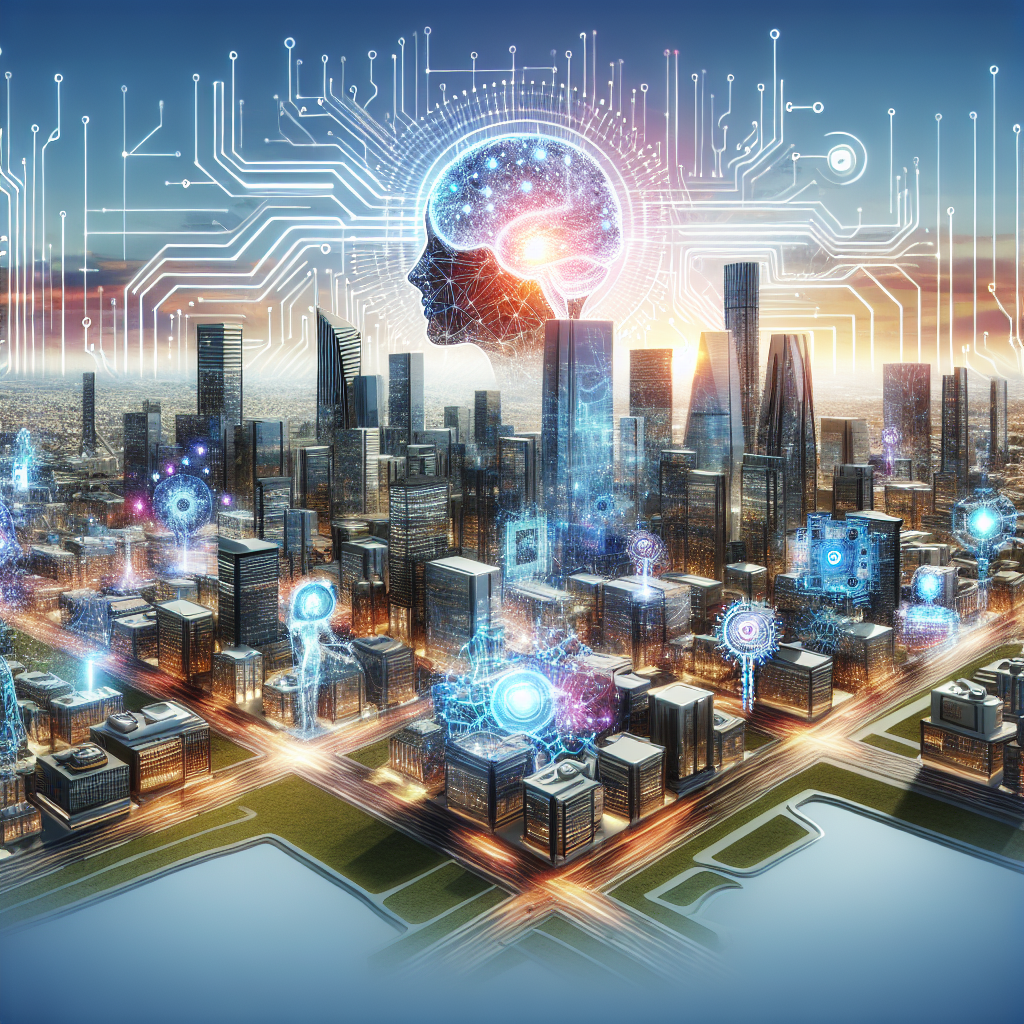Artificial General Intelligence (AGI) is a rapidly evolving field in the tech industry that has the potential to revolutionize the way we live, work, and interact with technology. AGI refers to machines that possess the ability to understand, learn, and apply knowledge across a wide range of tasks, much like a human being. This level of intelligence goes beyond the narrow capabilities of current artificial intelligence (AI) systems, which are designed to perform specific tasks within a limited scope.
The development of AGI has the potential to transform industries across the board, from healthcare and finance to transportation and entertainment. As AGI continues to advance, it is poised to revolutionize the tech industry in several key ways.
One of the most significant ways AGI is revolutionizing the tech industry is through its ability to automate complex tasks that were previously thought to be beyond the capabilities of machines. With AGI, machines can now analyze vast amounts of data, make decisions, and even learn from their mistakes in ways that were once only possible for humans. This has the potential to streamline processes, increase efficiency, and save companies time and money.
Additionally, AGI is enabling the development of more advanced and intuitive user interfaces, such as voice assistants and chatbots, that can understand and respond to natural language input. This allows for more seamless interactions between humans and machines, and opens up new possibilities for how we engage with technology.
AGI is also driving advancements in fields such as healthcare and education, where it can be used to analyze medical data, diagnose diseases, and personalize learning experiences. These applications have the potential to improve outcomes for patients and students, and revolutionize the way we approach these critical areas.
Furthermore, AGI is driving innovation in areas such as autonomous vehicles, robotics, and smart homes, where intelligent systems can make decisions in real-time based on complex data inputs. This has the potential to improve safety, efficiency, and convenience in these areas, and pave the way for a future where machines can work alongside humans in a more seamless and integrated way.
Despite the many benefits of AGI, there are also concerns about its potential impact on jobs, privacy, and ethics. As machines become more intelligent and capable, there is a fear that they may replace human workers in certain industries, leading to unemployment and economic disruption. Additionally, there are concerns about the potential for AGI to be used in ways that violate privacy or ethical standards, such as surveillance or manipulation.
To address these concerns, it is important for policymakers, industry leaders, and researchers to collaborate on developing ethical guidelines and regulations for the use of AGI. This will help ensure that the technology is used in a responsible and beneficial way, and that its potential risks are mitigated.
In conclusion, AGI is revolutionizing the tech industry in profound ways, with the potential to transform how we live, work, and interact with technology. As this technology continues to advance, it is important for us to consider its implications and work together to ensure that it is used in a way that benefits society as a whole.
FAQs:
Q: What is the difference between AGI and AI?
A: AI refers to machines that are capable of performing specific tasks within a narrow scope, while AGI refers to machines that possess the ability to understand, learn, and apply knowledge across a wide range of tasks, much like a human being.
Q: How is AGI being used in healthcare?
A: AGI is being used in healthcare to analyze medical data, diagnose diseases, and personalize treatment plans for patients.
Q: What are the potential risks of AGI?
A: Some potential risks of AGI include job displacement, privacy concerns, and ethical implications related to its use in surveillance or manipulation.
Q: How can we ensure that AGI is used responsibly?
A: To ensure that AGI is used responsibly, policymakers, industry leaders, and researchers should collaborate on developing ethical guidelines and regulations for its use.
Q: What are some potential benefits of AGI?
A: Some potential benefits of AGI include increased efficiency, improved outcomes in healthcare and education, and advancements in fields such as autonomous vehicles and robotics.

